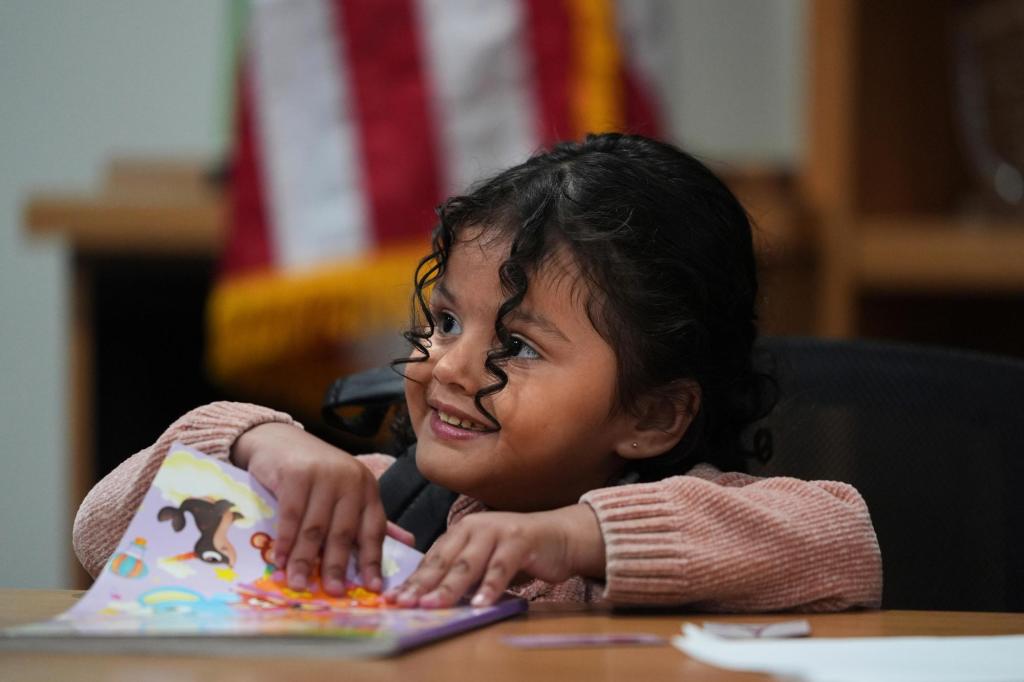
Young Girl’s Medical Care Secured by Year-Long Humanitarian Parole
A 4-year-old girl from Mexico, whose life relies on critical medical treatment provided by a Southern California hospital, has been granted a temporary reprieve from deportation. This decision comes after federal authorities initially indicated that she and her mother might face deportation.
According to Rebecca Brown, one of the family’s attorneys, the U.S. Department of Homeland Security has allowed the girl and her mother to stay in the U.S. for a year under humanitarian parole. This extension ensures she can continue her essential medical care, which began upon her arrival at the U.S.-Mexico border in 2023.
Requests for comments were sent to the Department of Homeland Security concerning this development.
Earlier this year, the family was informed of the potential revocation of their humanitarian parole, sparking concerns over possible deportation.
Amid efforts by the Trump administration to roll back policies from President Joe Biden’s tenure—policies that provided temporary legal status to some migrants—the girl’s case highlights the ongoing debate over immigration policies in the U.S. More information on these efforts can be found here.
The young girl, upon arrival at the border, was immediately taken to a hospital due to her severe health condition. She suffers from short bowel syndrome, which necessitates intravenous nutrition via a special backpack. Her lawyers emphasize that this treatment is crucial for her survival and is not available in Mexico.
Humanitarian parole, a measure not leading to U.S. citizenship, was extensively applied during the Biden administration to ease border pressures. Historically, it has been used for emergency situations and humanitarian crises, such as those in Vietnam, Cambodia, and Laos in the late 1970s. Additional details on humanitarian parole are available here.
In Mexico, the girl’s health condition confined her to a hospital. However, since joining a program at Children’s Hospital Los Angeles, she can now receive her treatment at home in Bakersfield, California, allowing her to enjoy activities like visiting the park and stores, as shared by her mother, Deysi Vargas.
Legal representatives indicate that while the girl still requires 14 hours of daily intravenous nutrition, this intensive treatment won’t be permanent. However, she is not yet ready to live without it.
Originally Published:






